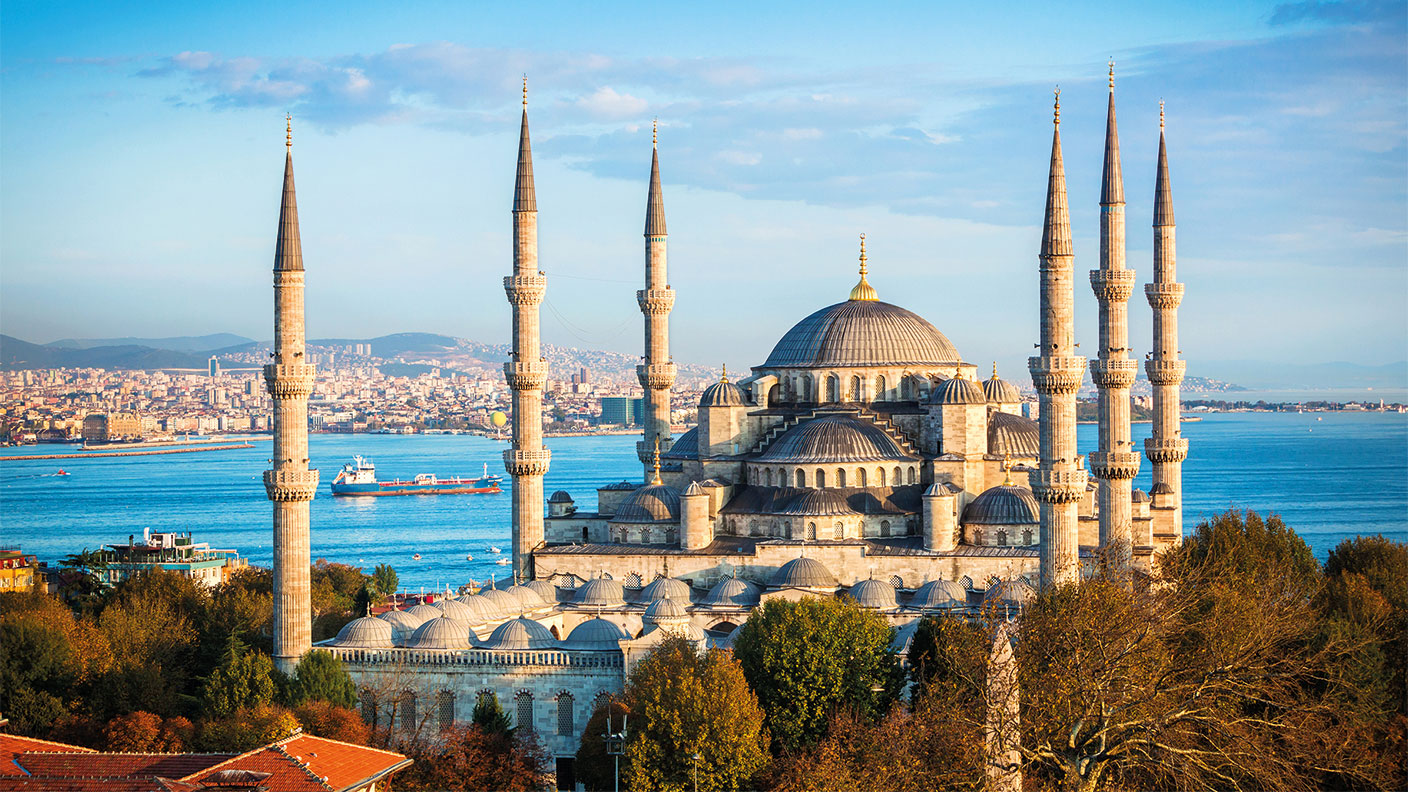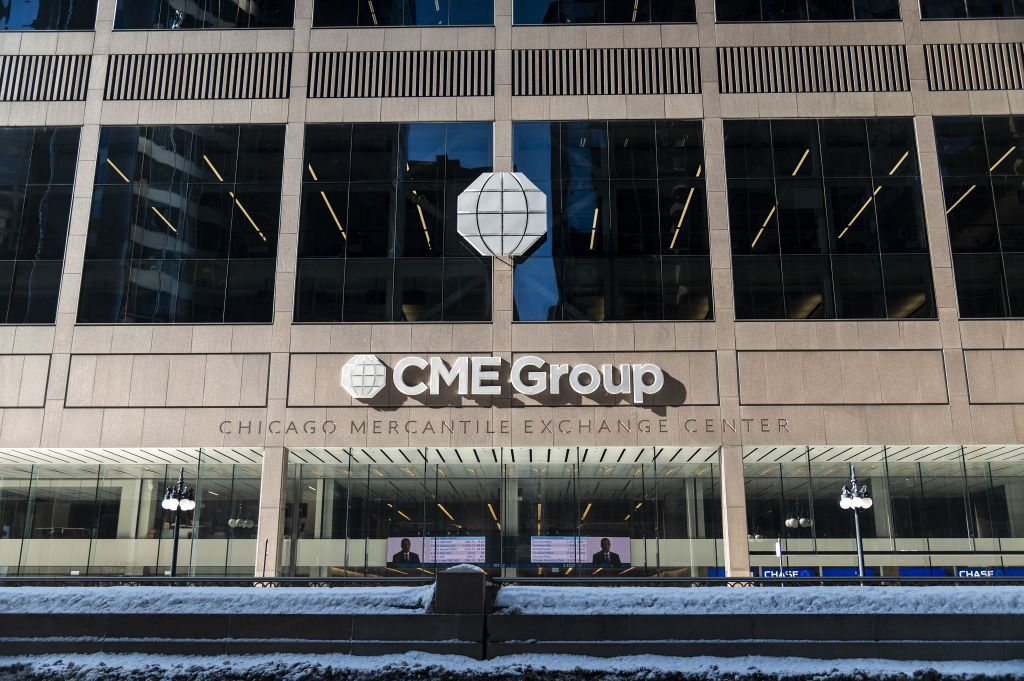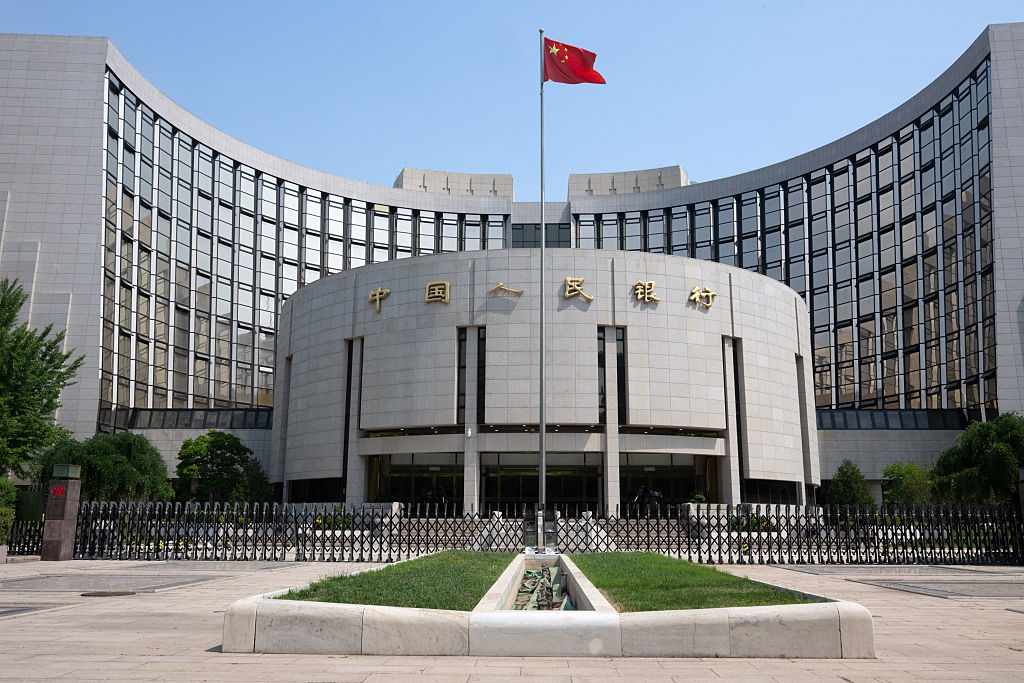Turkey heads for a currency crisis as the lira plummets
The Turkish lira has lost 40% of its value so far this year after the central bank bowed to pressure to cut interest rates.

Get the latest financial news, insights and expert analysis from our award-winning MoneyWeek team, to help you understand what really matters when it comes to your finances.
You are now subscribed
Your newsletter sign-up was successful
Want to add more newsletters?

Twice daily
MoneyWeek
Get the latest financial news, insights and expert analysis from our award-winning MoneyWeek team, to help you understand what really matters when it comes to your finances.

Four times a week
Look After My Bills
Sign up to our free money-saving newsletter, filled with the latest news and expert advice to help you find the best tips and deals for managing your bills. Start saving today!
Turkey is heading for “a vicious cycle of inflation and depreciation”, Timothy Ash of BlueBay Asset Management tells Tommy Stubbington in the Financial Times. With inflation running at 19.89% and the Turkish lira plummeting, there is talk of a new currency crisis.
The lira has lost 40% of its value so far this year. As of Tuesday it had recorded 11 successive record lows against the dollar in as many days, say Daren Butler and Nevzat Devranoglu on Reuters.
Back to 2018
The latest sell-off came after the central bank cut interest rates to 15%, the third cut since September. Interest-rate cuts reduce the attractiveness of lira-denominated assets, causing investors to sell them in favour of other currencies. At the new interest rate, savings in a Turkish bank account would earn a real return of -4.89%.
MoneyWeek
Subscribe to MoneyWeek today and get your first six magazine issues absolutely FREE

Sign up to Money Morning
Don't miss the latest investment and personal finances news, market analysis, plus money-saving tips with our free twice-daily newsletter
Don't miss the latest investment and personal finances news, market analysis, plus money-saving tips with our free twice-daily newsletter
President Recep Tayyip Erdogan continues to believe that high interest rates cause inflation, despite ample evidence – not only in his own country – that the opposite is true. He has fired central bankers who didn’t toe the line on easy money.
Things are starting to look a lot like 2018 again, when the lira “dropped precipitously amid a crisis in relations with the US”, say Jared Malsin and Patricia Kowsmann in The Wall Street Journal.
A plunging currency is “driving up the cost of [imported] food, medicine and other essentials for average Turks”. Some commentators fear a bank run. Yet despite growing signs of discontent, Erdogan appears determined to stay the course; indeed “he has intensified his calls for low interest rates”.
Things got so bad in 2018 that policymakers were eventually forced to reverse course with emergency interest-rate hikes, says Craig Mellow in Barron’s. That sent local stocks up by “a third in four months”. Yet few are betting on a repeat this time.
Since 2018, “Erdogan has replaced professionals at the central bank with yes men”. Global inflationary pressures are amplifying domestic problems, while Covid-19 continues to weigh on the important tourist sector.
Emerging markets disappoint
Trouble in one emerging market can quickly spread to others, says Shilan Shah of Capital Economics. Investors in the asset class may panic and sell indiscriminately. Yet any such “financial contagion” is likely to be “much more limited” this time than in 2018.
Turkey aside, most big emerging countries appear to have the foreign-exchange reserves they need to ride out any turmoil. What’s more, non-residents’ holdings of Turkish stocks and government bonds are down by two-thirds since 2018. Foreign investors won’t be panicking and pulling funds from Turkey – most of them have already left.
This was supposed to be a good year for emerging markets as “broad global reflation” took hold, says John Authers on Bloomberg.
Instead, the MSCI Emerging Markets index has flatlined while developed markets power ahead. Collectively, stocks in the Bric countries (Brazil, Russia, India and China) are “still below the peak set on Halloween 2007”.
During the profitable first decade of this century investors used to argue that emerging markets would grow even if the developed world sagged, a concept known as “decoupling”.
Decoupling – but lagging
Since 2011 they have decoupled alright – but in a bad way: they have done much worse than the rich world. Risk-hungry investors used to bet on developing countries. “These days, they prefer developed markets, however good their risk appetite is.”
Much of the underperformance this year comes from China, where a crackdown on tech firms and a property slump have weighed on stocks, says Udith Sikand of Gavekal Research.
Chinese shares account for one-third of the MSCI Emerging Markets index. If you strip out Chinese equities, the rest of the index has gained a 10% this year (although developed markets have done better).
While financial commentators focus on “Turkey’s Canute-like efforts” to defy economic logic, most emerging countries are much more responsibly run and many look “undervalued”.
Investors live dangerously
The rise of Asian mega-caps means that a typical emerging-market tracker now resembles an emerging Asia one, says Cherry Reynard in the Investors’ Chronicle.
“About three-quarters of MSCI Emerging Markets index’s capitalisation [is] made up of Asian giants China, Taiwan, South Korea and India.” Just 4.5% is Brazilian shares. With Chinese growth ebbing, asset managers are starting to “reappraise their weightings” and look for opportunity elsewhere.
One asset manager tells Reynard that Russian valuations are attractive and offer exposure to higher commodity prices. Another has bought South African equities, citing “strong growth at extremely cheap valuations”.
Some bets are even riskier. Sikand thinks growth could eclipse forecasts in Brazil because of strong commodity exports, but admits that a soaring fiscal deficit and a contentious election next year mean that Brazilian bargain hunters will be “living dangerously”.
After such a torrid year there are bargains in emerging markets. But investors will need a hearty risk-appetite to take advantage.
Get the latest financial news, insights and expert analysis from our award-winning MoneyWeek team, to help you understand what really matters when it comes to your finances.
Alex is an investment writer who has been contributing to MoneyWeek since 2015. He has been the magazine’s markets editor since 2019.
Alex has a passion for demystifying the often arcane world of finance for a general readership. While financial media tends to focus compulsively on the latest trend, the best opportunities can lie forgotten elsewhere.
He is especially interested in European equities – where his fluent French helps him to cover the continent’s largest bourse – and emerging markets, where his experience living in Beijing, and conversational Chinese, prove useful.
Hailing from Leeds, he studied Philosophy, Politics and Economics at the University of Oxford. He also holds a Master of Public Health from the University of Manchester.
-
 Early signs of the AI apocalypse?
Early signs of the AI apocalypse?Uncertainty is rife as investors question what the impact of AI will be.
-
 Reach for the stars to boost Britain's space industry
Reach for the stars to boost Britain's space industryopinion We can’t afford to neglect Britain's space industry. Unfortunately, the government is taking completely the wrong approach, says Matthew Lynn
-
 Should you sell your Affirm stock?
Should you sell your Affirm stock?Affirm, a buy-now-pay-later lender, is vulnerable to a downturn. Investors are losing their enthusiasm, says Matthew Partridge
-
 Profit from pest control with Rentokil Initial
Profit from pest control with Rentokil InitialRentokil Initial is set for global expansion and offers strong sales growth
-
 In the money: how my trading tips fared in 2025
In the money: how my trading tips fared in 2025The success of the open positions offset losses on closed ones, says Matthew Partridge
-
 Coreweave is on borrowed time
Coreweave is on borrowed timeAI infrastructure firm Coreweave is heading for trouble and is absurdly pricey, says Matthew Partridge
-
 Circle sets a new gold standard for cryptocurrencies
Circle sets a new gold standard for cryptocurrenciesCryptocurrencies have existed in a kind of financial Wild West. No longer – they are entering the mainstream, and US-listed Circle is ideally placed to benefit
-
 Profit from other investors’ trades with CME Group
Profit from other investors’ trades with CME GroupCME Group is one of the world’s largest exchanges, which gives it a significant competitive advantage
-
 Investors need to get ready for an age of uncertainty and upheaval
Investors need to get ready for an age of uncertainty and upheavalTectonic geopolitical and economic shifts are underway. Investors need to consider a range of tools when positioning portfolios to accommodate these changes
-
 How much gold does China have – and how to cash in
How much gold does China have – and how to cash inChina's gold reserves are vastly understated, says Dominic Frisby. So hold gold, overbought or not